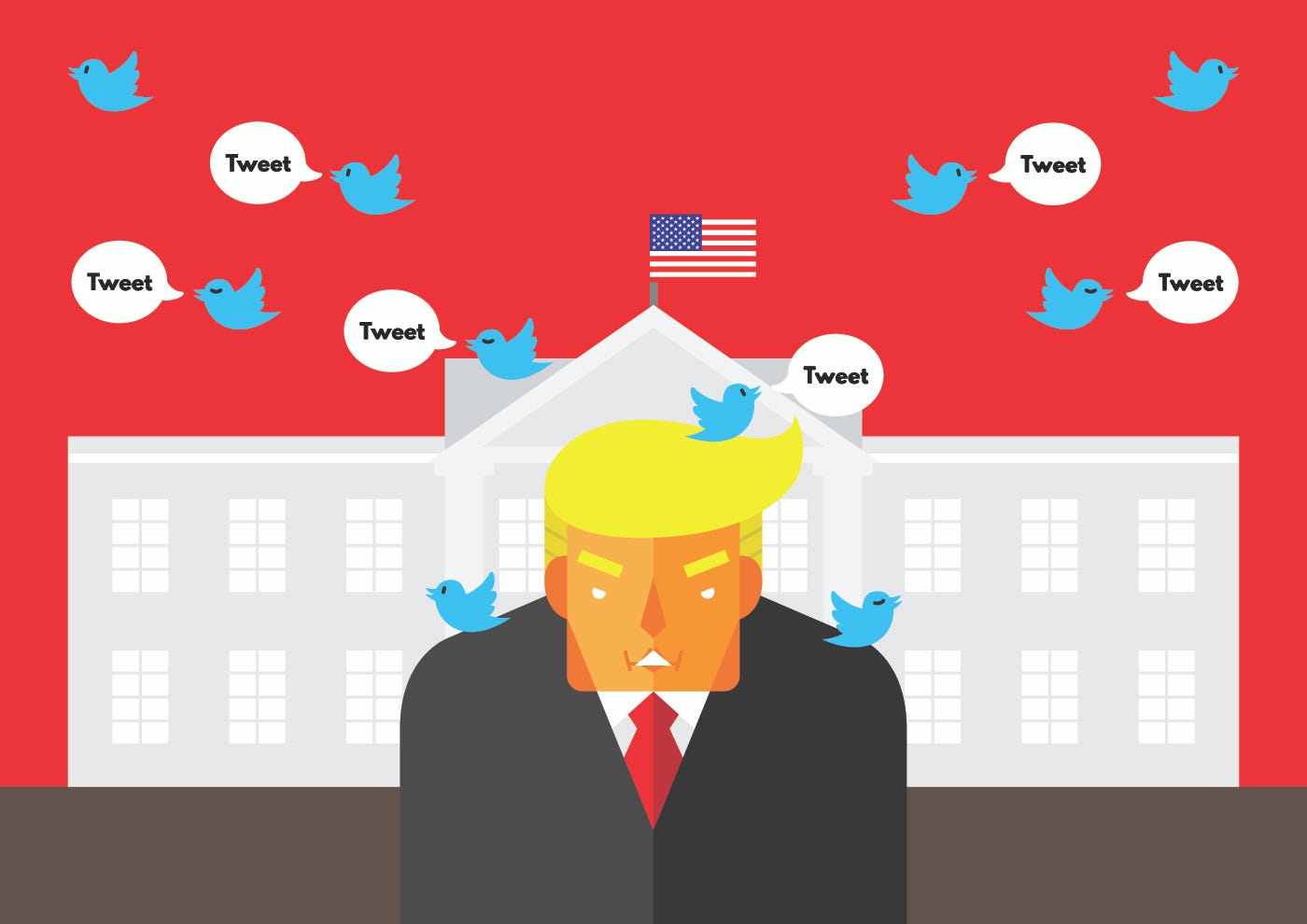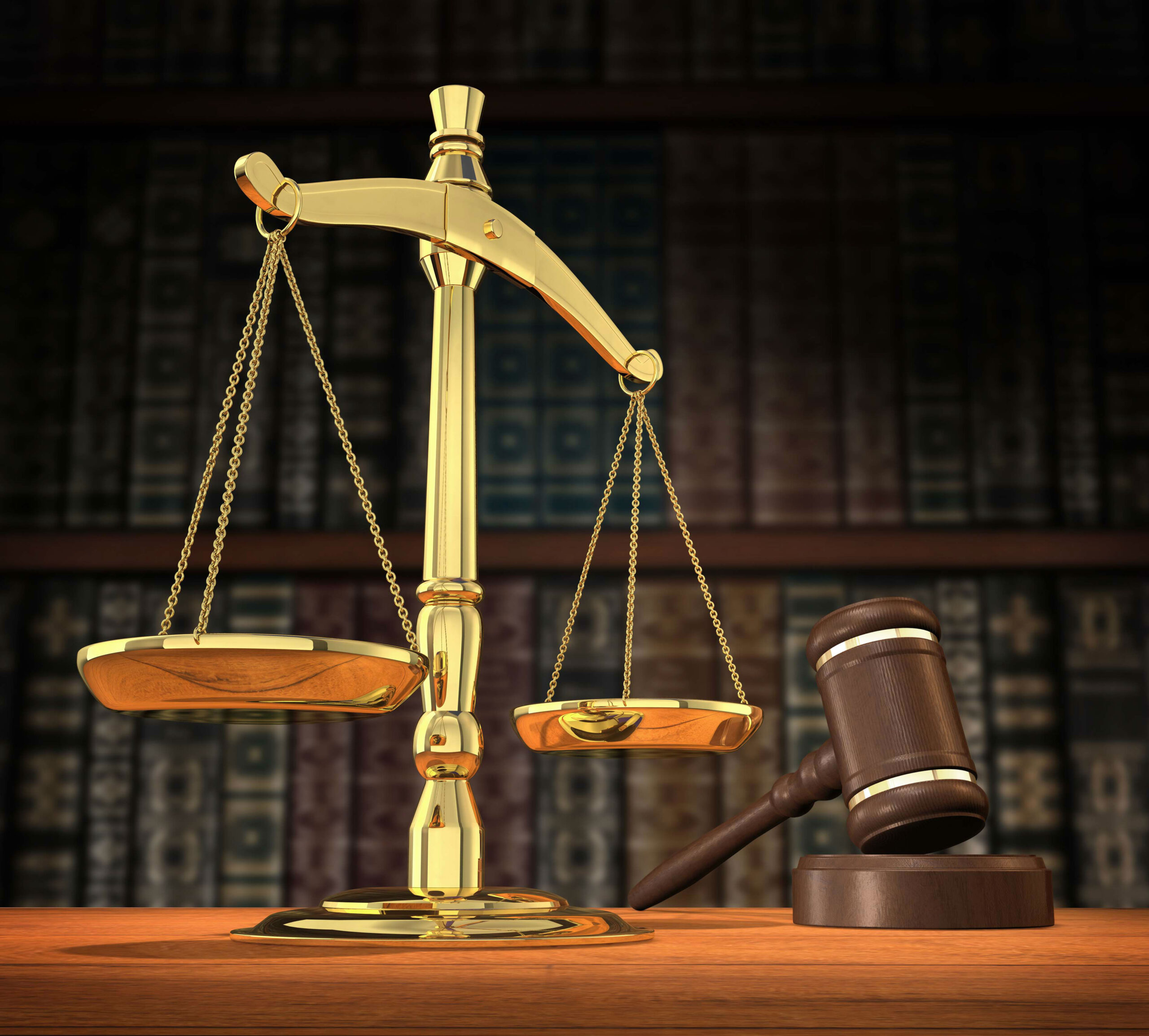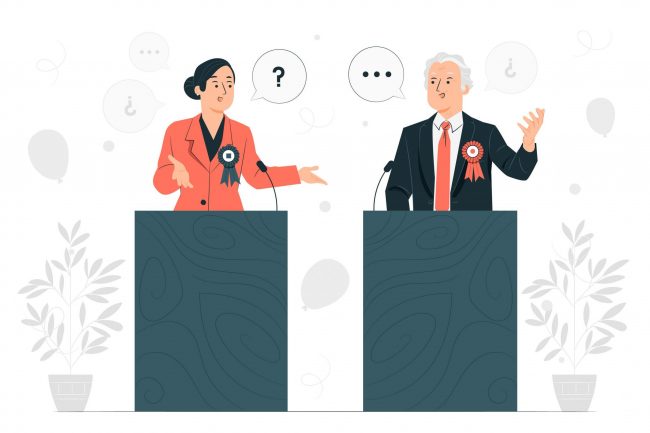The Impact of Social Media on Political Discourse
we will delve deep into the multifaceted impact of social media on politics and political discourse, exploring both its positive and negative aspects.

The Transformative Power of Social Media: Impact on Politics and Political Discourse
The emergence of social media has undoubtedly revolutionized the way we interact, communicate, and engage with the world around us. One of the most significant arenas where its influence is palpable is in politics and political discourse. Over the past two decades, social media platforms have become powerful tools that shape political narratives, mobilize voters, and influence policymaking. In this blog, we will delve deep into the multifaceted impact of social media on politics and political discourse, exploring both its positive and negative aspects.
Democratization of Information
Social media has democratized access to information, allowing citizens to stay informed about political developments in real-time. Traditional media outlets no longer hold a monopoly on the dissemination of news. Anyone with an internet connection can share news articles, opinions, and analysis. This has empowered individuals to become more politically aware and engaged.
Amplification of Voices
In the past, political discourse was dominated by elites, politicians, and mainstream media. Social media, however, has provided a platform for marginalized voices and grassroots movements. Activists, citizens, and non-traditional political actors can now share their perspectives and mobilize support for their causes, leading to a more diverse and inclusive political conversation.
Political Mobilization and Activism
Social media has proven to be a powerful tool for political mobilization and activism. Movements like #BlackLivesMatter, #MeToo, and the Arab Spring gained momentum through online platforms. Activists can organize protests, fundraise, and coordinate efforts with unprecedented speed and reach. Social media has allowed for the rapid dissemination of information, turning local issues into global movements.
Increased Political Engagement
Social media has also increased political engagement among younger generations. Platforms like Twitter and Instagram have become popular spaces for political discussions and civic participation. Politicians and parties use these platforms to connect with younger voters, while young people use them to express their views and engage in political debates.
Political Campaigning and Fundraising
Candidates and political parties have embraced social media as a critical component of their campaign strategies. Platforms like Facebook, Twitter, and Instagram allow candidates to reach a vast audience at a relatively low cost. Additionally, social media facilitates targeted advertising and fundraising efforts, enabling campaigns to tailor their messages to specific demographics.
Negative Impacts
Disinformation and Fake News
The proliferation of disinformation and fake news on social media is a significant concern. False information spreads rapidly, and fact-checking can often lag behind. This has the potential to distort public opinion, mislead voters, and undermine the integrity of elections.
Filter Bubbles and Echo Chambers
Social media algorithms often curate content based on users' preferences, creating filter bubbles and echo chambers where people are exposed to information that aligns with their existing beliefs. This can reinforce polarized viewpoints and hinder constructive political discourse.
Cybersecurity Threats
Social media platforms have become targets for cyberattacks and foreign interference in elections. Malicious actors use fake accounts and bots to spread propaganda, manipulate public opinion, and even hack into political campaigns. These threats undermine the security and integrity of the democratic process.
Online Harassment and Polarization
The anonymity of social media can lead to online harassment and toxic political discourse. Trolling, hate speech, and personal attacks have become prevalent, discouraging some individuals from participating in political discussions and creating a hostile online environment.
Shallow Political Engagement
While social media has increased political engagement, it often fosters shallow interactions. Likes, shares, and retweets may give the illusion of activism without necessarily translating into meaningful political action or informed decision-making.
Balancing Regulation and Free Speech
One of the ongoing debates surrounding social media's role in politics revolves around the balance between regulation and free speech. On one hand, there are concerns about the spread of harmful content and disinformation, which may necessitate stricter oversight by governments and platform administrators. On the other hand, regulating content too heavily can raise concerns about censorship and infringing on individuals' freedom of expression.
Platforms like Twitter and Facebook have grappled with this issue by implementing policies to flag or remove false or harmful content, as well as banning or suspending accounts that violate their terms of service. These decisions often lead to accusations of bias and political censorship, highlighting the complexity of managing online discourse.
The Role of Social Media in Political Campaigns
Social media's role in political campaigns has evolved significantly. It's not just a platform for communication and outreach but also a battleground for campaigns to gain an edge. In recent years, there has been increased scrutiny on the use of data analytics, micro-targeting, and psychographics in political advertising. The Cambridge Analytica scandal, for instance, shed light on how personal data can be exploited for political gain.
Additionally, the rise of deepfake technology presents a new challenge. Deepfakes can manipulate video and audio content to create convincing falsehoods, making it harder for the public to distinguish fact from fiction. As a result, there is growing concern about how these technologies might be used in future political campaigns.
The Future of Social Media and Politics
Looking ahead, the relationship between social media and politics will continue to evolve. Here are a few trends and developments to watch for:
Algorithmic Transparency: Calls for greater transparency in how social media algorithms curate content are likely to intensify. Users and policymakers may demand more visibility into how platforms prioritize and recommend content.
Cybersecurity Measures: As the threat of cyberattacks and foreign interference persists, social media platforms and governments will need to bolster their cybersecurity measures to safeguard elections and political discourse.
Media Literacy: Promoting media literacy will be crucial in helping individuals navigate the digital landscape effectively. Education programs should teach critical thinking skills and fact-checking methods to empower users to discern reliable information from disinformation.
Regulation: Governments will continue to grapple with the question of whether and how to regulate social media platforms. Striking the right balance between free speech and preventing harm will be an ongoing challenge.
Emerging Technologies: As new technologies like virtual reality and augmented reality become more prevalent, they will introduce new dimensions to political discourse, potentially transforming how we engage with political content.
In conclusion, the impact of social media on politics and political discourse is profound and multifaceted. While it has democratized information, empowered individuals, and increased political engagement, it also poses challenges such as disinformation, filter bubbles, and cybersecurity threats. The future will require ongoing efforts to harness the positive aspects of social media while mitigating its negative consequences, ensuring that our digital public square remains a place for robust and informed political discourse.
What's Your Reaction?
















